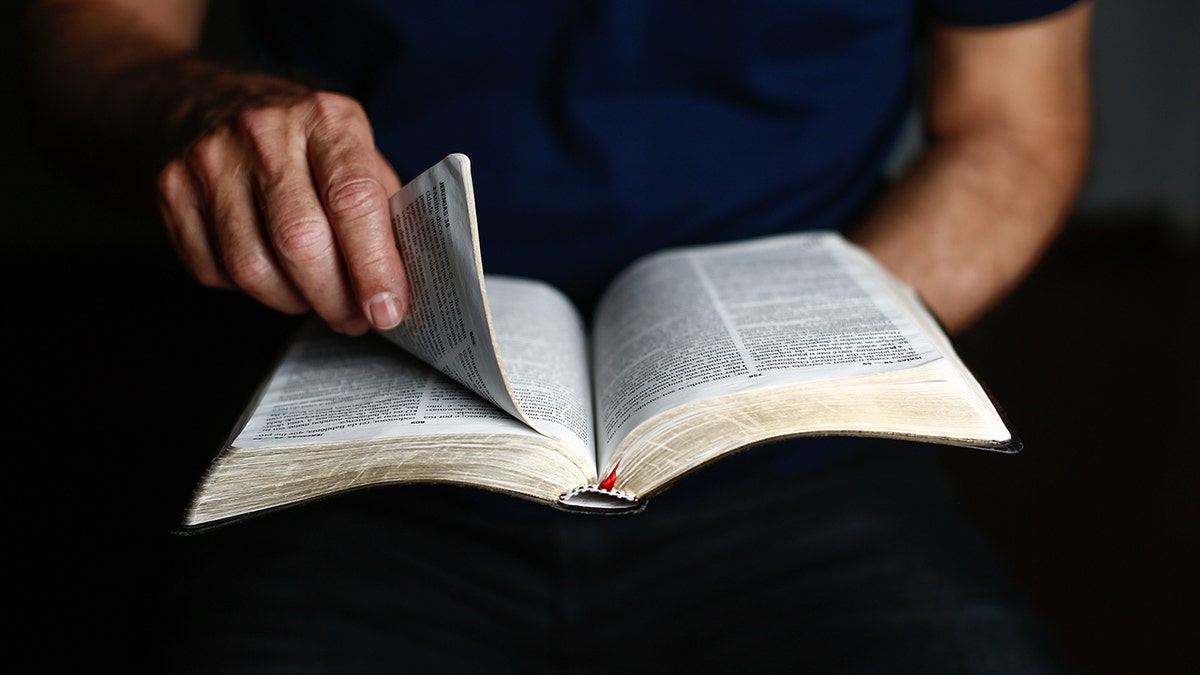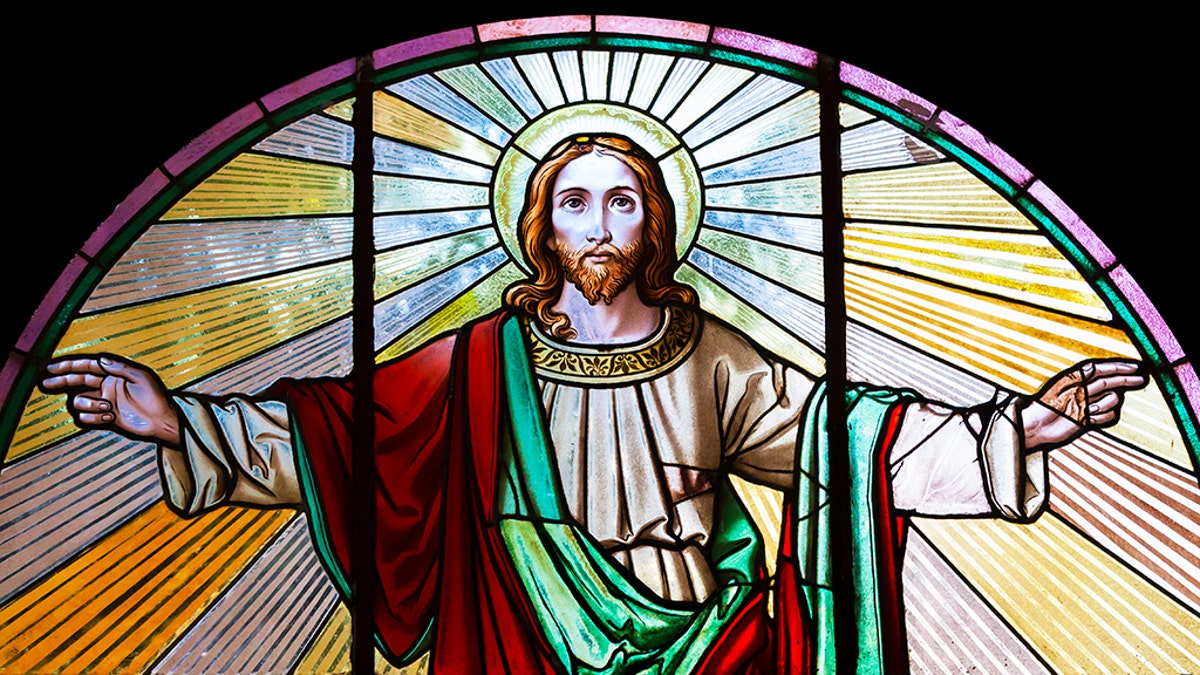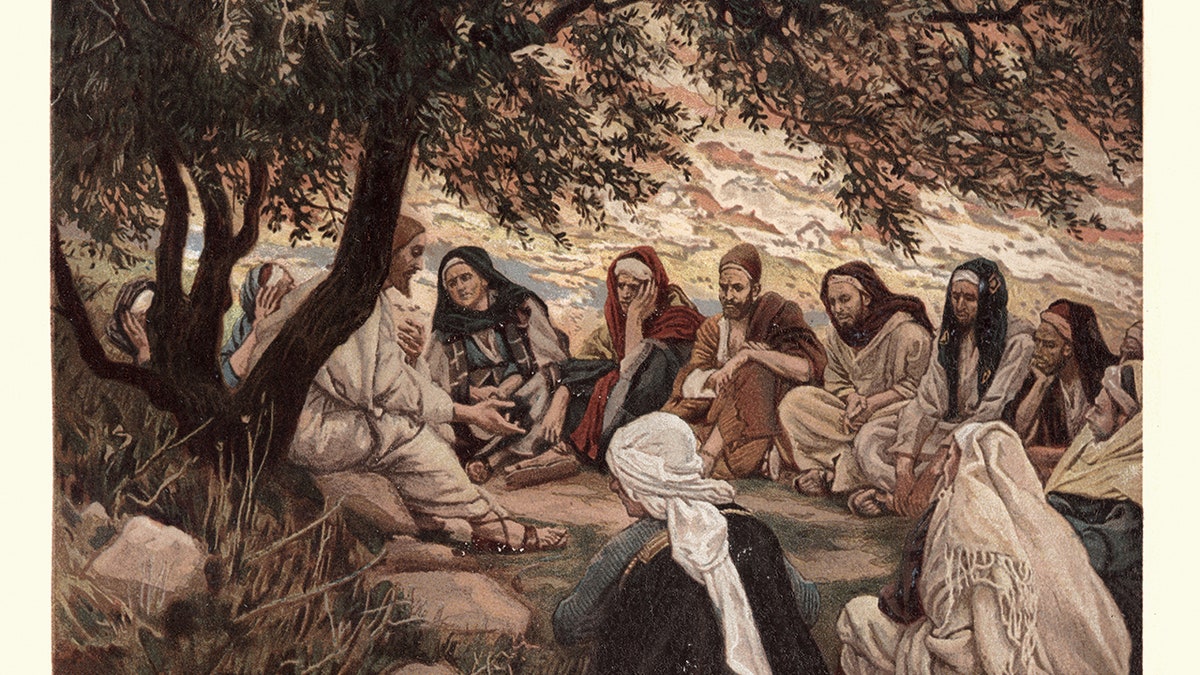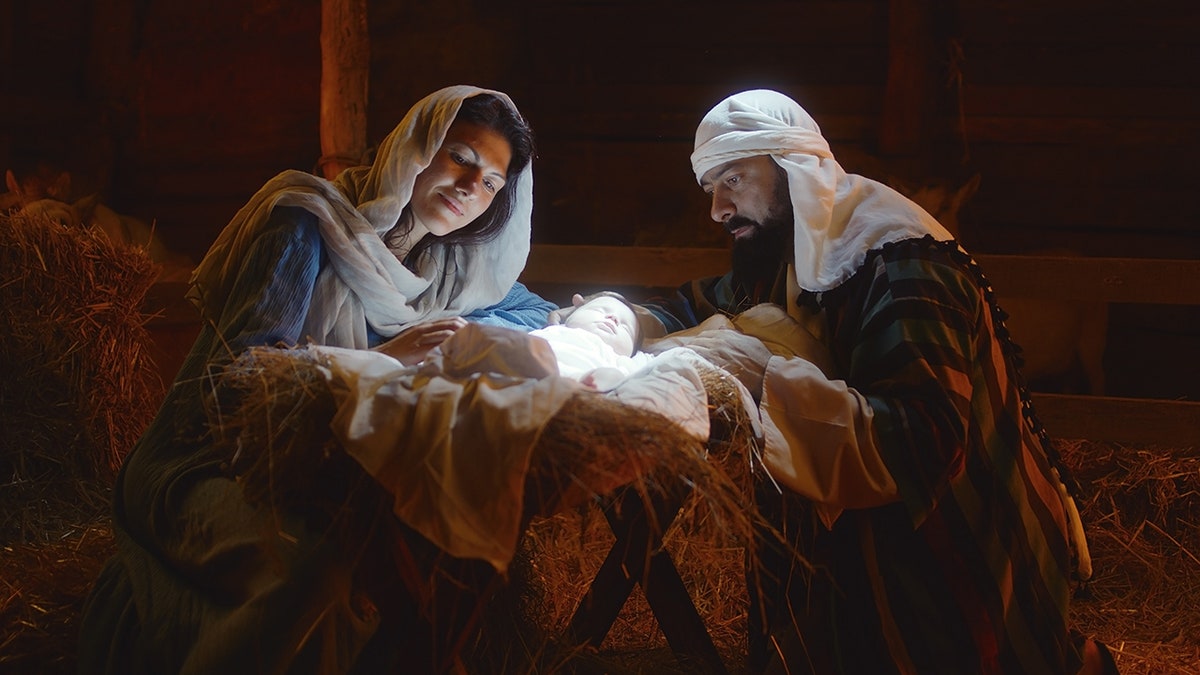Beyond the festive shopping and holiday cheer, Advent serves as a spiritual preparation for the birth of Jesus Christ. It's a time to reflect on the deeper significance of Christmas, connecting the holiday's traditions with the arrival of the Savior.
The four candles of Advent symbolize hope, peace, joy, and love, each representing a key aspect of Christ's birth and its impact on humanity. These themes offer a guide for focusing on the true essence of Christmas amidst the modern-day distractions.
Hope: The Fulfillment of Prophecies
The first Advent candle signifies the hope woven throughout the Old Testament, foretelling the arrival of a Messiah. Prophecies in books like Isaiah, written centuries before Jesus' birth, detail the circumstances of his arrival, including his humble beginnings in Bethlehem and his role as the Lamb of God. These prophecies offer compelling evidence pointing to Jesus as the promised Messiah.

The story of the Exodus, where the Israelites were spared by the blood of a lamb, foreshadows Jesus' sacrifice. The shepherds, often excluded from religious rituals due to their work, were the first to hear the news of Jesus' birth, a symbolic connection to the sacrificial lambs they tended.

Peace: The Profound Incarnation
The second Advent candle represents the peace that comes with understanding the Incarnation—God taking human form. This concept distinguishes Christianity from other religions, emphasizing the belief that Jesus is not merely divinely inspired but is God incarnate.

The Gospel of John uses the term "Logos" to describe Jesus, a word signifying the underlying reality of the universe. The Incarnation signifies the Logos dwelling among us, much like the Tabernacle of Moses served as God's dwelling place during the Israelites' journey. This emphasizes the profound significance of God becoming human.

The Gospel, as explained by the late Timothy Keller, is the good news of God's act of salvation, not merely a set of instructions for self-improvement.
Joy: Celebrating Through Music and Tradition
The third Advent candle embodies the joy of the season, evident even in secular settings. The popularity of events like the "Messiah" sing-along at Lincoln Center demonstrates the universal appeal of Christmas music. Christmas carols, often heard in commercial spaces, offer another opportunity to engage with the story of Christ's birth.


Love: The Ultimate Expression of God's Heart
The fourth Advent candle represents the culmination of the season: love. Jesus' humble birth in Bethlehem exemplifies God's immense love for humanity. Bestselling author Max Lucado emphasizes that Christmas is a story of hope and love, highlighting God's willingness to become human and experience the full spectrum of human life.

The fifth and final Advent candle, lit on Christmas Eve, represents Jesus himself—the embodiment of hope, peace, joy, and love.

Comments(0)
Top Comments